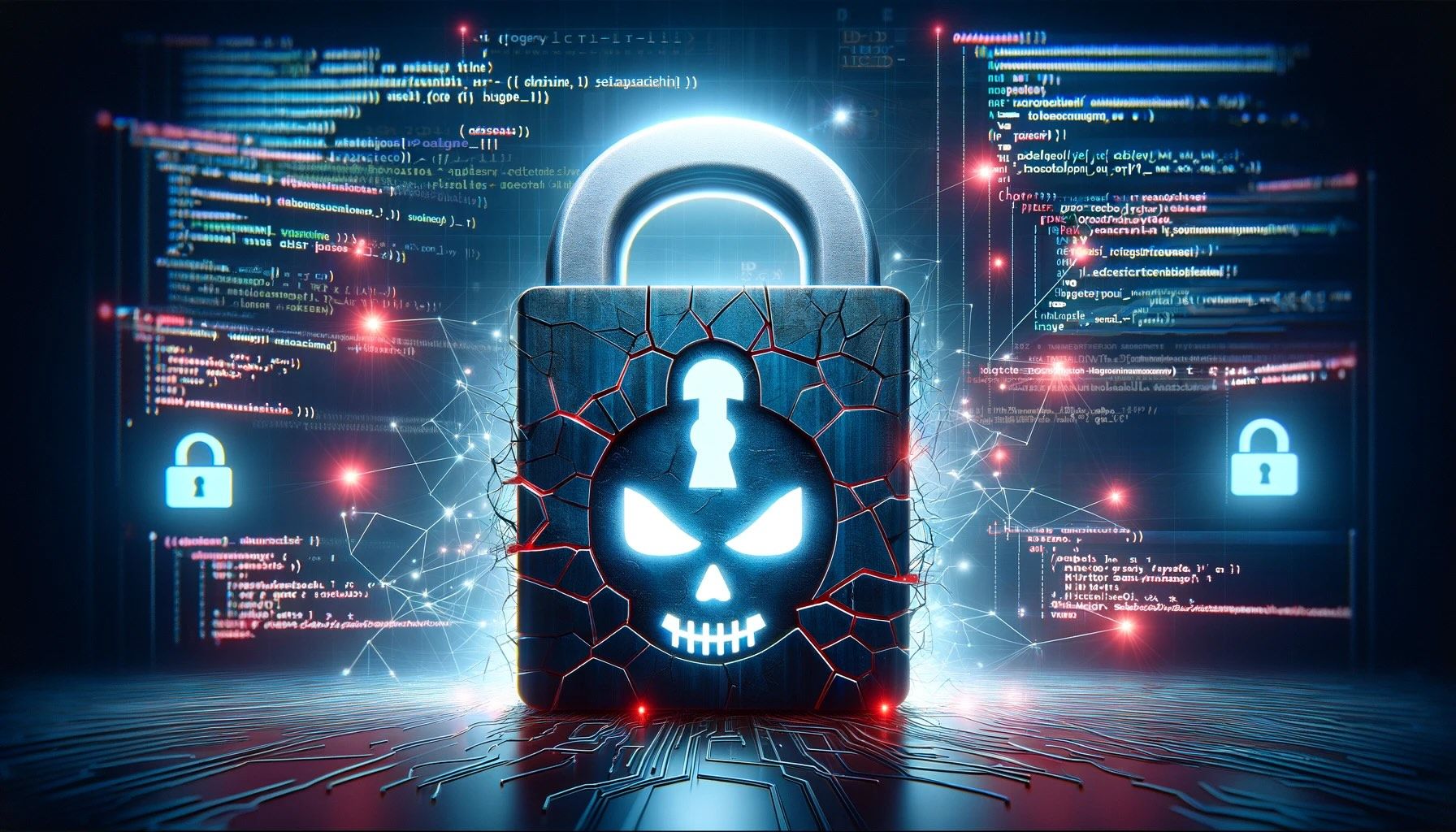In the evolving world of software development, security remains a paramount concern, especially when dealing with financial data. A reflection on past experiences reveals insightful lessons, particularly regarding the use of PHP in web development. While PHP offers ease of use and quick development turnaround, it inherently possesses certain security vulnerabilities that are crucial for developers to understand. This article delves into these challenges, underscoring the importance of vigilance in the realm of web security.
Years ago, while working on a project that dealt with users’ financial data, part of the service was implemented in PHP for the sake of development speed. It was during this period that the realization dawned upon me: PHP applications are perpetually in a state of illusory security. This observation extends beyond PHP to all non‑compiled languages.
The Misconception of External Attacks Only
Many discussions around web application security focus on external attacks like XSS, CSRF, or SQL Injection. While it’s true that modern frameworks offer basic protection against these threats, the real danger often lies elsewhere.
The Internal Enemy
The inherent vulnerabilities of PHP—primarily due to its status as an interpreted language—pose significant risks for code security. Interpreted code can be more easily modified or tampered with at runtime compared to compiled binaries. Managing file‑system permissions (read, write, execute) in PHP applications is complex, and compromises often have to be made for functionality’s sake.
Unlike compiled languages, PHP doesn’t lend itself to ultra‑minimal container images (e.g., scratch): deployments usually rely on slim but still substantial images like Alpine. In the event of a breach, the entire PHP codebase is exposed, making tampering or remote code execution far easier.
The Hidden Dangers in Dependencies
Even if your PHP code is airtight, your dependencies may not be. Two stark examples illustrate this risk:
- Docker Escape Vulnerability (CVE‑2019‑5736): A flaw in Docker’s runtime allowed attackers to break out of containers to the host level. Any PHP app running in a compromised container was at risk.
- Ghost Vulnerability (CVE‑2015‑0235): A critical buffer‑overflow in glibc affected countless Linux servers. PHP applications on those systems could be remotely exploited for code execution.
Beyond well‑publicized CVEs, consider these nightmare scenarios:
- A long‑time maintainer gradually slipping obfuscated malicious code or a backdoor into an open‑source library.
- A package that looks clean on GitHub, but gets swapped out for a malicious fork during installation, silently introducing a vulnerability.
A Call for Vigilance and Continuous Learning
In conclusion, while PHP and similar interpreted languages enable rapid development, they come with inherent security challenges. It’s crucial for developers to:
- Harden your deployment—use minimal base images, strict file permissions, and immutable artifacts.
- Audit dependencies—pin versions, scan for vulnerabilities, and consider vendoring critical libraries.
- Adopt defense‑in‑depth—combine web‑application firewalls, runtime intrusion detection, and regular security reviews.
- Stay informed—follow security bulletins, subscribe to CVE feeds, and participate in community discussions.
Security is not a one‑time task but an ongoing discipline. Awareness and proactive measures are your best defense in the ever‑evolving landscape of web vulnerabilities.
